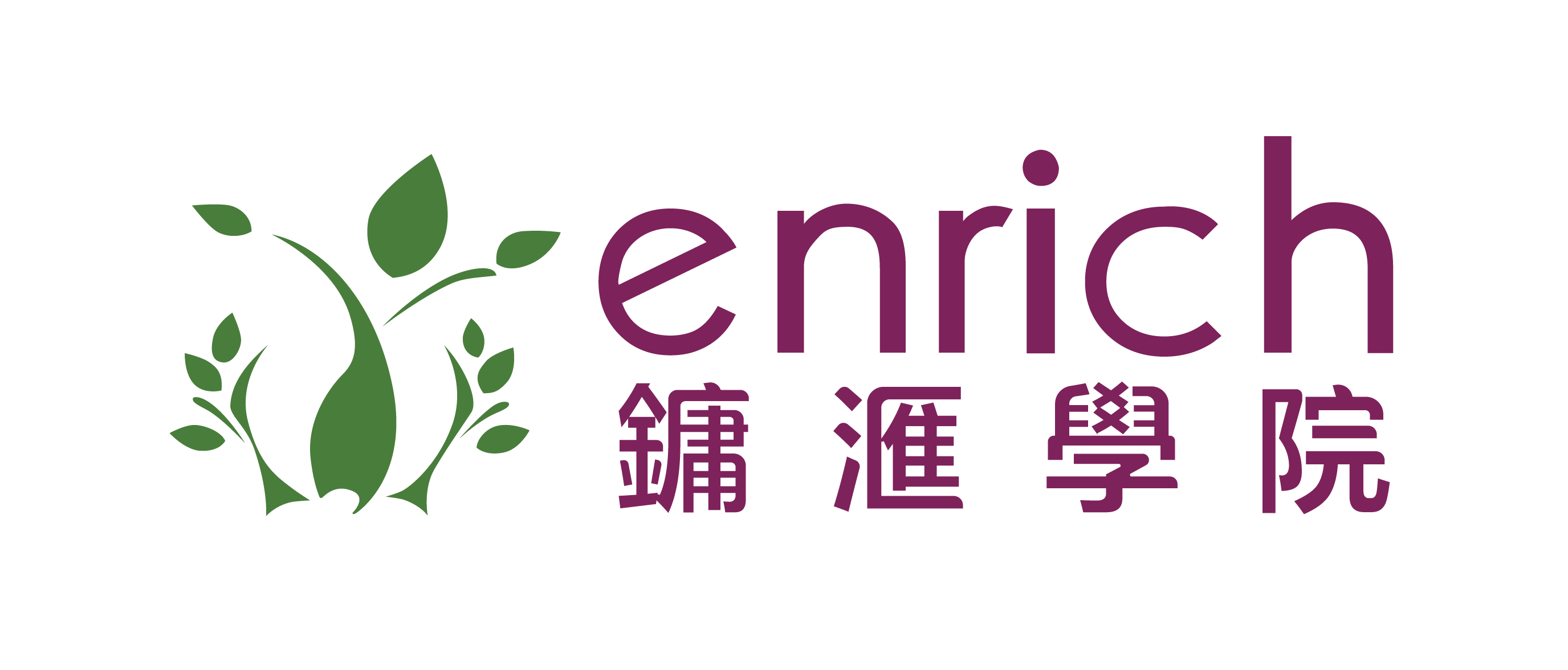Money Wise Migrants
Money and Family
Money Wise Migrants
Money Wise Migrants
For Philippine Nationals only
Speak Up
For Philippine Nationals only (POLO)
Setting Up My Business
For Philippine Nationals only (POLO)
Money and Family
For Philippine Nationals Only (POLO)
Growing My Money
For Philippine Nationals only (POLO)
Money Wise Migrants
For Philippine Nationals Only (POLO)




